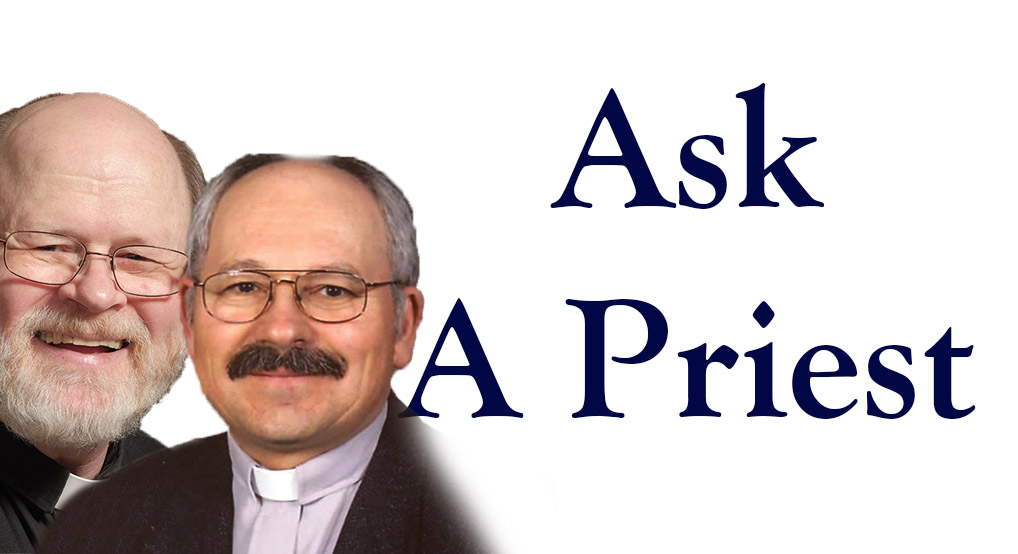Response from: Father Mihajlo Planchak and Ft. Stephen Wojcichowsky
Response:
Thank you for your interesting question. It is one which has occupied human beings, in one form or another, for most of recorded history, dating at least as far back as the ancient Egyptian religion. In many ancient cultures, people used the term heaven to describe three different “places”— the sky which we see, that part of the universe which we do not see (this was before the powerful telescopes of today) and a heaven which was beyond human grasp (where God lived and where his throne was).
For us Christians, it is a basic article of our faith which we profess whenever we pray the Nicene Creed: “I look for the resurrection of the dead, and the life of the world to come.” Jesus himself declared: “In my Father’s house there are many dwelling places. If it were not so, would I have told you that I go to prepare a place for you? And if I go and prepare a place for you, I will come again and will take you to myself, so that where I am, there you may be also.” (John 14:2-3).
The word “place” can be confusing. Heaven is not so much a place as it is – as one commentator put it, “the divine communion of life and love in which we share through the glorified humanity of Jesus.” And the resurrected Christ is not bound by time or space because he is one with the Father and the Holy Spirit who are equally not confined by earthly categories.
The Catechism of the Catholic Church expresses it this way:
“This perfect life with the Most Holy Trinity – this communion of life and love with the Trinity, with the Virgin Mary, the angels, and all the blessed – is called ‘heaven.’ Heaven is the ultimate end and fulfillment of the deepest human longings, the state of supreme, definitive happiness” (#1024).
The Catechism of the Ukrainian Catholic Church, Christ – Our Pascha, teaches that
“The Risen Christ, who continues to abide in human history for all days, progressively draws all people and all creation to himself through the community of the Church. The consummation of this drawing to himself is the second and glorious coming of Christ; for God will unite all heavenly and earthly creation in Christ (see Eph 1:10) . . . ‘And he will do it at the end of the age’” (#243).
As for “many dwelling places” or levels, the Church acknowledges that we do not forfeit our uniqueness when we die. There is no different life than God’s life or grace for all of us. This life, this grace, cannot be quantified: that is, that the most life is given to the “super” faithful, less life to the “ordinary” Christian, and least of all to all others. But we also believe that our capacity to receive or appreciate the immensity of this life can be different.
Our human mind finds it difficult to comprehend the mystery of what eternal life with God can be. I would like to offer an analogy that might help:
You have different bottles, and they are all different sizes, but they are all filled with the same liquid. How much liquid they can hold depends on their size. So, it is with us. It depends upon our “capacity” as to how much of God’s grace we can receive at a time. In heaven there can be no inequality because everyone is united with the Lord. And we each have all of eternity to “catch up” to one another.
As Saint Gregory of Nyssa said, “Those who climb never stop going from beginning to beginning, through beginnings that have no end. They never stop desiring what they already know.”
I hope I was able to answer your question, at least in part.

